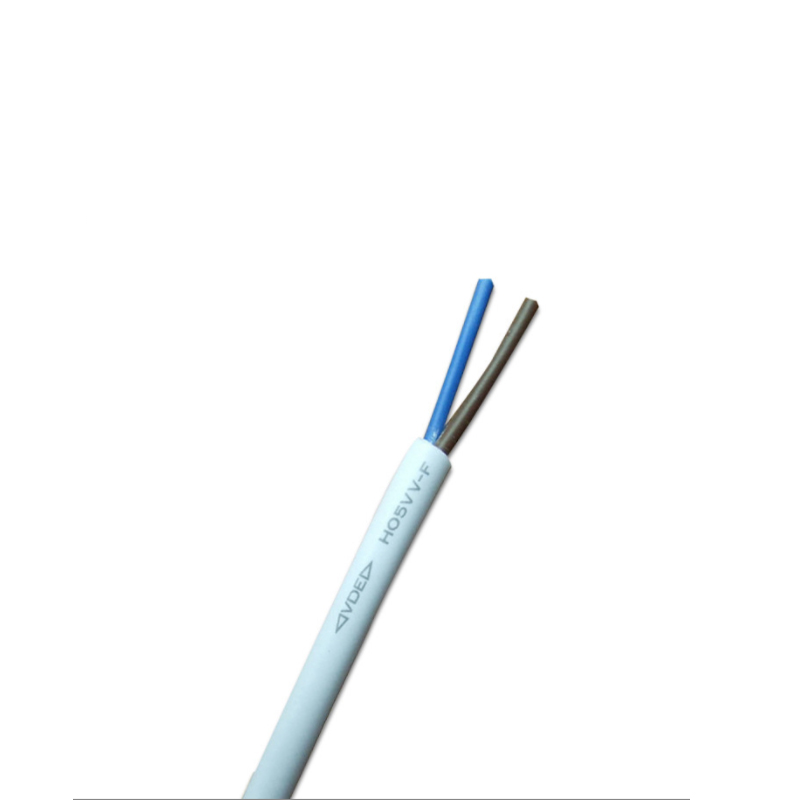Waterproof nylon cable connectors are designed to prevent moisture or dust ingress through various features and design elements. Here are common ways these connectors achieve water and dust resistance:
Sealed Enclosure: Waterproof nylon cable connectors typically have a sealed enclosure that houses the cable connection points. The enclosure is designed to be watertight and airtight, preventing water and dust from entering the connector and reaching the internal electrical connections.
Gaskets and Seals: These connectors often incorporate gaskets or seals made of rubber or other elastomeric materials. These gaskets create a barrier between the connector components, ensuring a tight seal and preventing the entry of moisture, dust, or contaminants.
Threaded or Bayonet Locks: Many waterproof cable connectors feature threaded or bayonet-style locking mechanisms. These locking mechanisms provide a secure and tight fit between the connector halves, helping to maintain the integrity of the seal and preventing water or dust from infiltrating the connection points.
Cable Strain Relief: Waterproof connectors may include features for strain relief, ensuring that the cable entry point is securely sealed. Strain relief components help prevent the cable from pulling or twisting within the connector, maintaining the integrity of the seal and protecting against environmental factors.
IP Ratings: Ingress Protection (IP) ratings are a standard classification system used to define the level of protection provided by electrical enclosures, including cable connectors, against solid particles and liquids. Waterproof nylon cable connectors are often assigned specific IP ratings (e.g., IP67 or IP68), indicating their resistance to dust and water penetration. The higher the IP rating, the greater the level of protection.
Corrosion-Resistant Materials: The use of corrosion-resistant materials, such as nylon and other durable polymers, in the construction of these connectors helps ensure long-term reliability in challenging environmental conditions. Corrosion-resistant materials maintain their structural integrity, preventing deterioration that could compromise the connector's effectiveness.
Testing and Certification: Reliable waterproof nylon cable connectors undergo rigorous testing to verify their effectiveness in preventing moisture and dust ingress. Certifications from industry standards organizations may indicate that the connector meets specific criteria for environmental protection.
It's important to note that the level of waterproofing can vary among different connectors, and users should always refer to the manufacturer's specifications and guidelines to ensure proper installation and performance in specific environmental conditions. Additionally, connectors with higher IP ratings are generally more suitable for applications with more demanding requirements for water and dust resistance.
 Abroad:[email protected]
Domestic:[email protected]
Abroad:[email protected]
Domestic:[email protected]
 Abroad: +86-18157471290
Domestic: +86-18157471293
Abroad: +86-18157471290
Domestic: +86-18157471293

